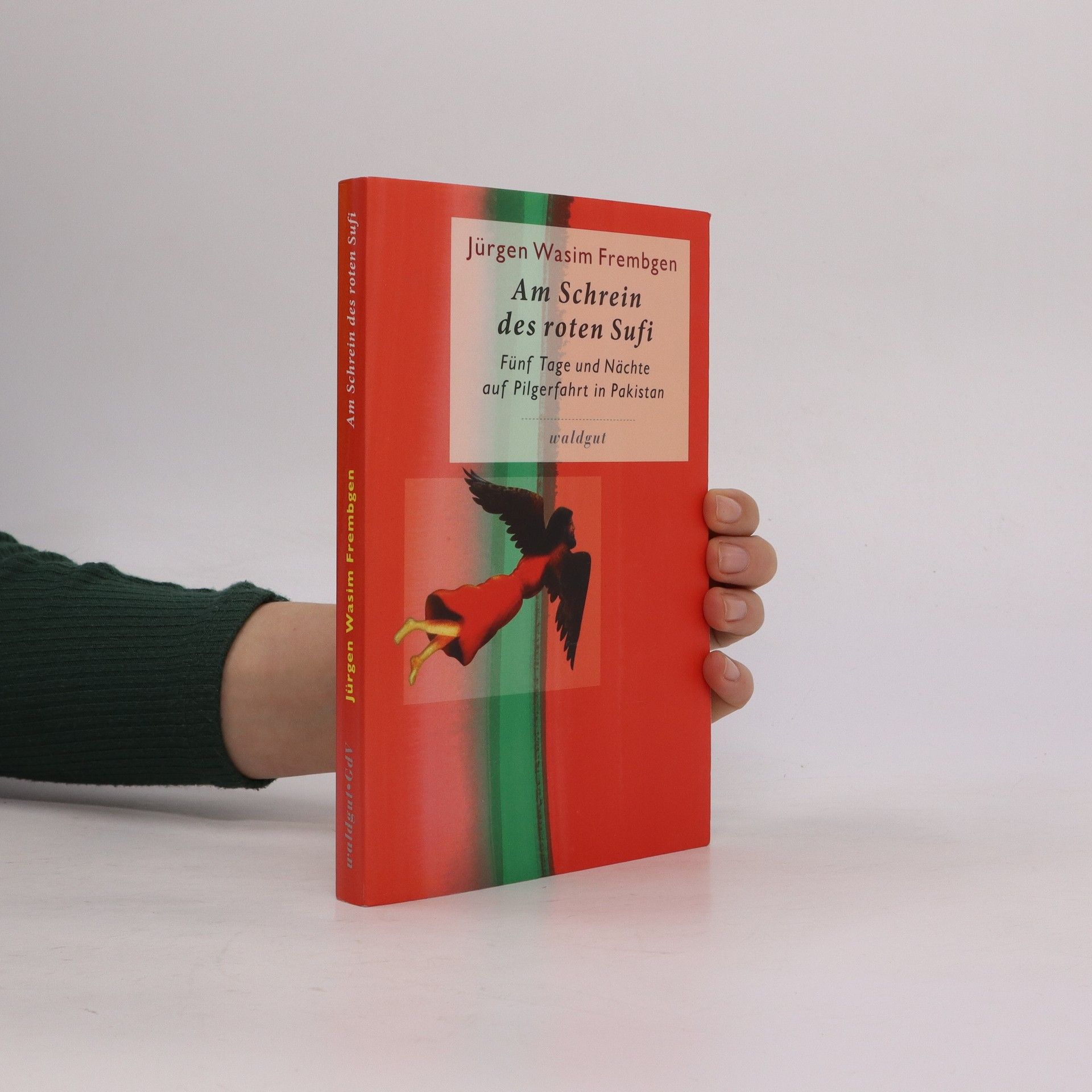'We are Lovers of the Qalandar'
- 190bladzijden
- 7 uur lezen
This book is about Pakistan’s most popular Sufi saint Lal Shahbaz Qalandar whose shrine in Sehwan Sharif is one of the most fascinating sanctuaries in the Muslim world. At the time of pilgrimage, this flourishing cult centre becomes a vibrant place of ecstatic religiosity marked by intense forms of devotion. The present ethnographic study is organized around three themes: piety, pilgrimage, and ritual. Thus, its focus is first on visual culture and ‘material religion’ as well as various aspects of religious aesthetics which highlight how sacred spaces are constructed and shaped. Secondly, it deals with the year-round pilgrimage, mainly investigating pilgrims from Punjab (including a unique life history of a female ‘Sufi lineage’ from Lahore), but also discussing remarkable ritual agents in the cult. The third theme is the spectacular trance dance known as dhamāl.



